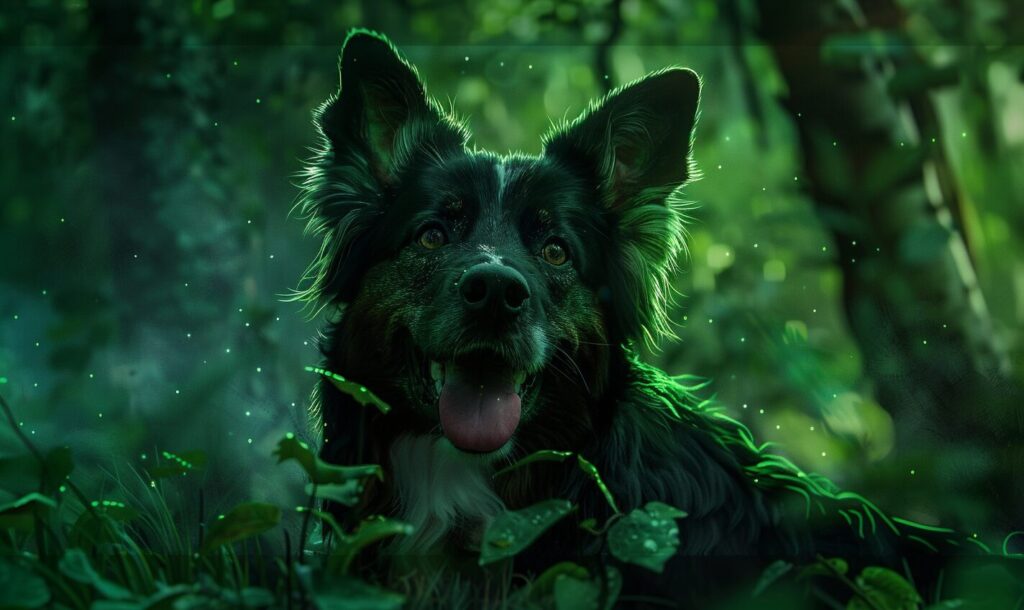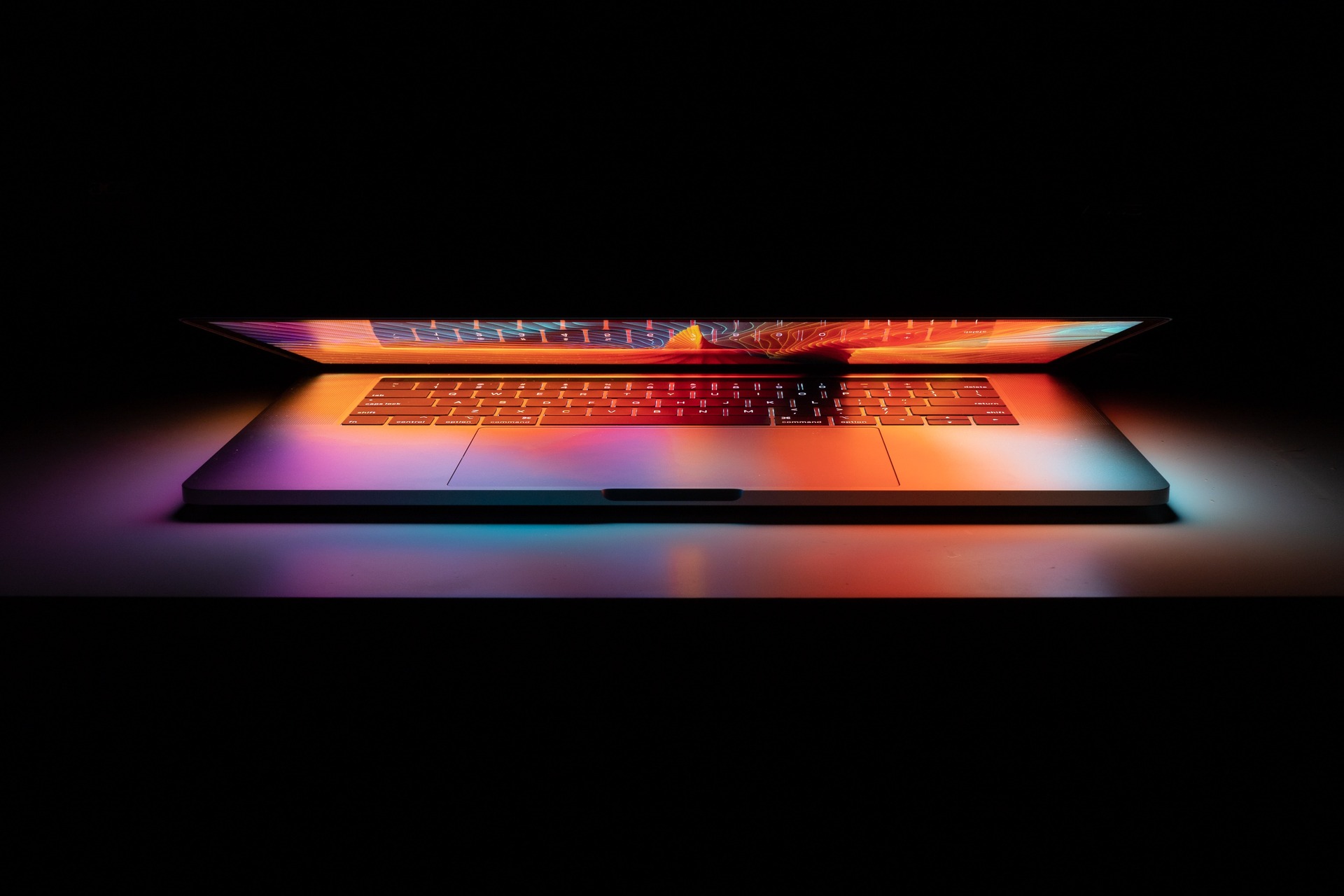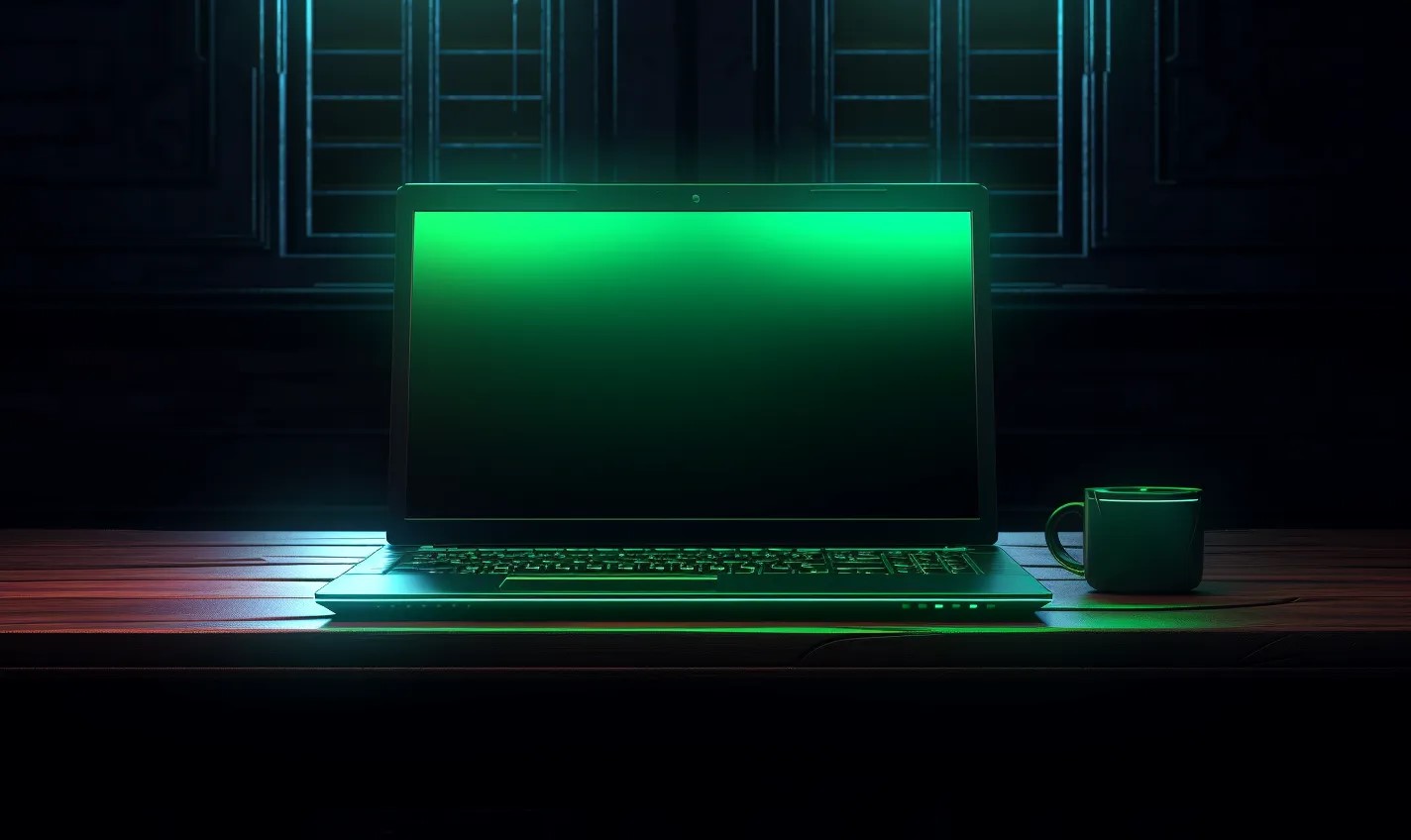It seems like AI is shaping nearly every aspect of life as it continues to develop. You’ve doubtlessly heard plenty about its applications in business and the sciences, but what about the arts? As it turns out, artificial intelligence and music already work together, and their connection is growing.
The thought of AI influencing art seems strange, but it’s happening all around you. From the streaming services you use to music sales to even composing, musical AI is everywhere. As technology keeps getting better, it will play an even more significant role in the music industry.
Here’s a closer look at how AI is shaping music, and where it can go from here.
Artificial Intelligence in Music Platforms
You may interact with musical AI every day without even realizing it. Streaming apps like Spotify use machine learning to curate playlists and make recommendations for their users. Just like how YouTube and Google personalize results for individual users, these platforms do the same with music.
Machine learning algorithms analyze what you listen to get an idea of what kind of music you like. They can then make informed recommendations about new artists or songs to listen to. Some, like Spotify, even create custom playlists for you containing a mix of songs you might enjoy.
These AI applications help you find new, enjoyable music in an overwhelming sea of choices. They also help emerging artists gain listeners by suggesting their music to an audience that will likely enjoy them. Everyone, from listeners to artists to labels, benefits.
Artificial Intelligence Making Music
Artificial intelligence’s involvement in music doesn’t end with distribution but goes a step further. You can find examples of AI in the music-making process, and this practice may be older than you realize. Alan Turing built a machine that generated melodies way back in 1951.
Music-making AI has come a long way since the days of Alan Turing, too. AI programs can analyze the different elements of preexisting songs, in a sense, learning basic music theory. These systems can then try to create original compositions based on the commonalities they’ve noticed.
Right now, AI music isn’t writing any hits, but some artists use it as part of their songwriting process. Musicians like David Bowie and Muse’s Matt Bellamy have experimented with using AI technologies in songwriting. As these technologies improve, AI-penned songs could become a widely-recognized genre.
The Future of Musical AI
AI is expanding the horizons of what’s possible in many areas, and the same could be true in music. Artificial intelligence could become a standard tool in songwriting, like how computers and digitization have shaped modern music. Other parts of the music-making process, like mastering, could shift towards AI as well.
Apple and Warner Music Group have both bought tech start-ups to improve how they discover new talent. AI algorithms could highlight promising acts for labels to sign, automating much of a slow and expensive process. With more time and advanced tech, this could become an industry standard.
AI likely won’t replace humans in music, especially given how significant a role emotional connections play in it. Still, AI could change the way people make and listen to music. Given the nature of AI, we’ve likely only scratched the surface of what it can do in music.
AI Is Changing Everything, Even Music
It’s becoming clear that few things will remain untouched by AI in the future. While it may not solve every problem, its potential is too vast for any industry to ignore. Even the arts, like music, can benefit from artificial intelligence.
AI has already changed modern music, and will likely continue to do so. However unlikely it may seem, AI and music are coming together.
Recent Stories
Follow Us On
Get the latest tech stories and news in seconds!
Sign up for our newsletter below to receive updates about technology trends














